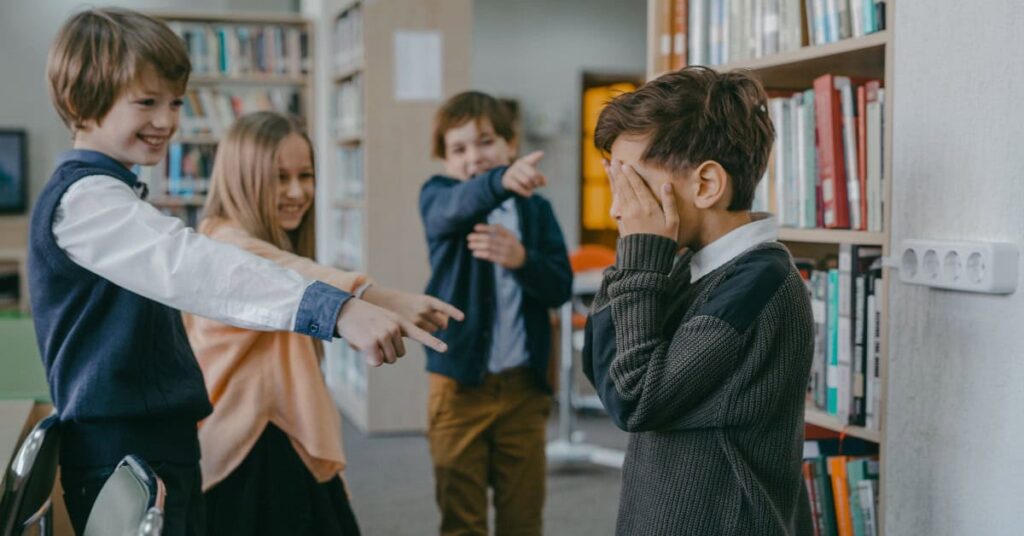
Hopelessness in Bullying Victims
Bullying in schools can leave deep emotional scars, and one of the most tragic effects is the feeling of hopelessness that many victims experience. When children are bullied, it often feels as if there is no escape from their pain. This sense of helplessness can lead to severe consequences, including anxiety, depression, and even thoughts of self-harm. Therefore, it is crucial to address this issue not only to stop the bullying itself but also to help victims regain their sense of hope.
One of the first steps in breaking the cycle of hopelessness is to create a supportive environment. Schools play a vital role in this process by fostering an atmosphere where students feel safe and respected. Encouraging open communication can help students feel more comfortable reporting incidents of bullying. Implementing anti-bullying programs can also equip students with the tools they need to respond to bullying assertively and empathetically. When schools take a strong stance against bullying, they not only protect victims but also educate all students about the importance of kindness and respect.
Additionally, it is essential for parents to be proactive in addressing issues related to bullying. Conversations about feelings should happen regularly, allowing children to express their worries or experiences. By listening without judgment, parents can reassure their children that they are not alone. It is vital to emphasize the value of help-seeking behavior. Encouraging kids to talk to trusted adults about bullying can empower them to take action, rather than succumbing to hopelessness.
Peer support is another significant factor in overcoming feelings of despair. Friends can provide comfort and understanding, which can be a powerful antidote to hopelessness. Schools can promote friend groups or buddy systems that pair older students with younger ones, creating a sense of community. Programs that foster teamwork and collaboration can also help build friendships that serve as a safety net for those who are being bullied.
Finally, building resilience in children is key to combating hopelessness. Teaching coping strategies and problem-solving skills can help children feel more in control of their lives. Activities that promote emotional intelligence, such as mindfulness practices and conflict resolution training, can empower students to handle challenging situations more effectively. By equipping them with these skills, we help them navigate not only bullying but also various other challenges they may face in the future.
In summary, breaking the cycle of hopelessness in bullying victims involves a collective effort from schools, parents, and peers. By creating a supportive environment, promoting open dialogue, and focusing on building resilience, we can ensure that victims no longer feel trapped in despair. Together, we can replace feelings of hopelessness with empowerment and hope for a brighter future.
#BullyingPrevention #EndBullying #HopeNotHopelessness #SchoolSupport #ResilientKids #EmpathyInAction
